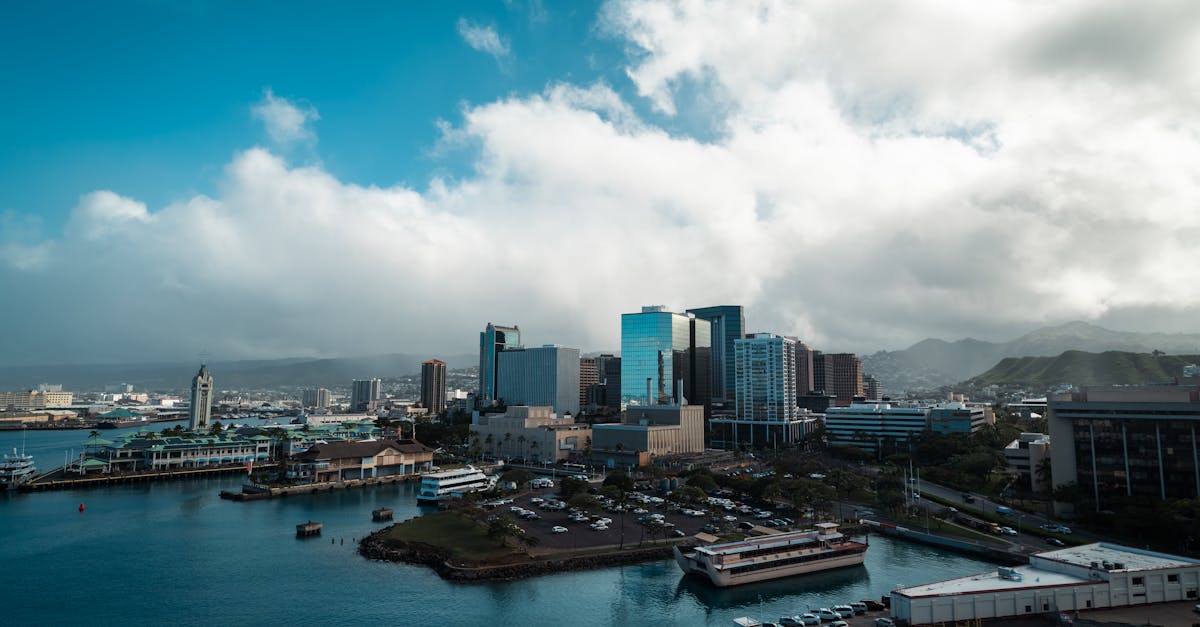Have you ever wondered why Hawaii seems immune to the twice-yearly ritual of changing clocks? Unlike most of the United States, Hawaii does not observe Daylight Saving Time (DST). This seemingly small detail has significant implications for businesses and individuals alike, influencing everything from the tourism industry to inter-island commerce.
The decision to forgo DST isn't arbitrary. As KHON2 News explains, Hawaii's location near the equator means a relatively consistent amount of daylight throughout the year. The need to “save” daylight is less pressing than in regions further from the equator that experience more dramatic seasonal shifts. This stable daylight pattern is a key factor in the state's choice.
For Hawaii's tourism and hospitality sectors, the lack of DST can be a significant advantage. Businesses in these areas don't have to worry about adjusting schedules twice a year, providing a consistent experience for visitors. This consistency is particularly beneficial for managing international travel, flight schedules, and customer service operations. In a globalized world, this offers a streamlined approach, making it potentially easier to conduct business with partners in Asia or on the U.S. mainland.
However, the absence of DST also presents challenges. Businesses in Hawaii must consider time differences when interacting with mainland or international partners. This can complicate coordination of meetings, deadlines, and customer service. For instance, according to [CBS News](https://www.cbsnews.com/news/states-without-daylight-saving-time/#:~:text=Arizona made the decision not,Arizona, CBS affiliate KOLD reported.), Hawaii is one of only two states that do not observe DST. While this can provide clarity, these time zone differences require businesses to be more adaptable. The time difference can impact real-time collaboration and may require some businesses to adjust operating hours or communication strategies.
Looking ahead, understanding the implications of Hawaii's time zone is vital for entrepreneurs, investors, and professionals. Remaining on standard time year-round provides a unique business environment that requires careful planning and strategic awareness. This is more than merely a matter of convenience; it shapes how business is conducted in the islands. As the state continues to attract global investment, these considerations will continue to play a crucial role.



